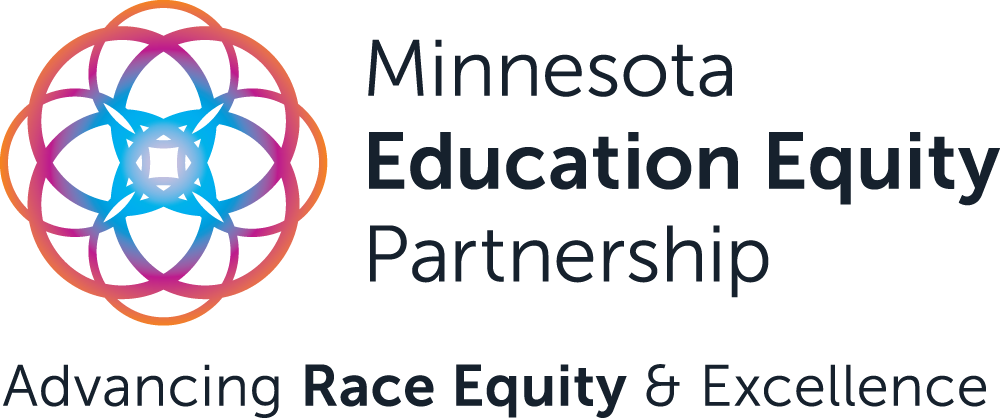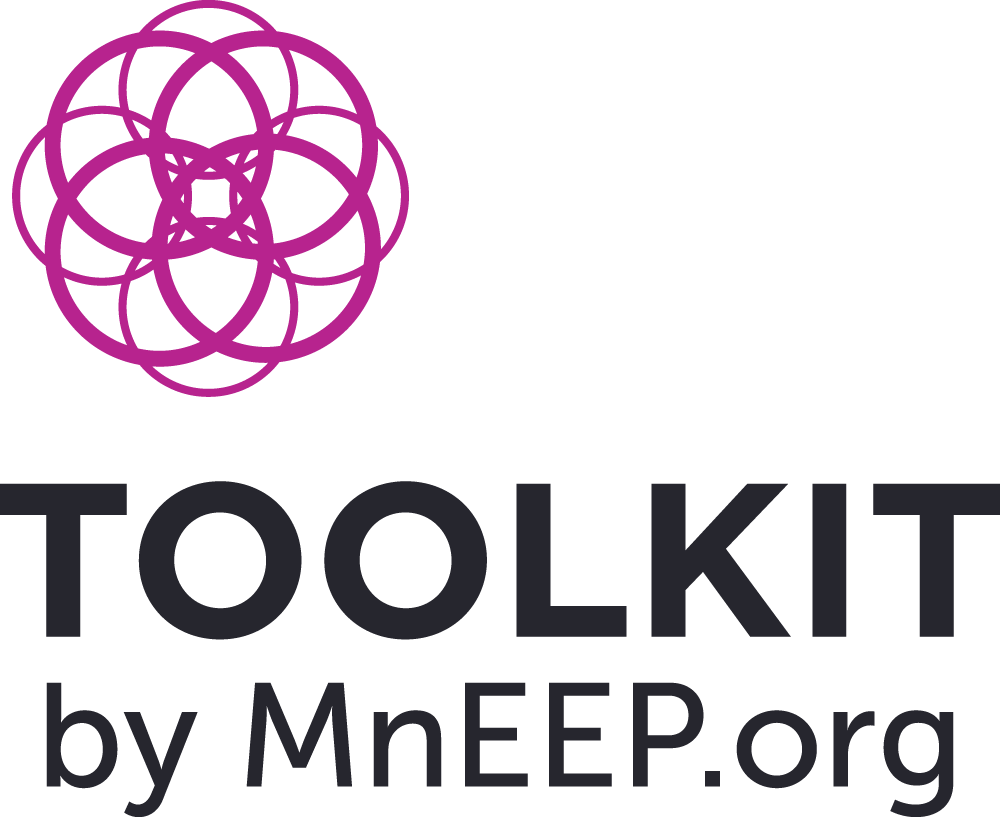Tools & action plans for building a racially just higher ed system
We’re collaborating across colleges and higher-ed institutions to build and share best practices and advocacy for a higher-ed system that honors the unique voices, goals, talents, and needs of Minnesota’s POCI students.
We hope you’ll join us in using this toolkit to build a stronger, more racially just higher-education system in Minnesota.
In this Toolkit
Understanding race equity
What does race equity in higher education look like?
Race equity is a path from hope to justice— where People of Color and Indigenous people (POCI) use their personal agency to build systems of healing and liberation that uplift and value the human dignity of all people.
Race equity in higher education means the humanity of POCI students is honored and celebrated in all education spaces, and the racial predictability and disproportionality of student achievement is eliminated.

Building a more just higher ed system in Minnesota is a moral and economic imperative.
Undoing Minnesota's education debt takes all of us.
The Minnesota Legislature has established an ambitious goal: to raise the percentage of Minnesotans aged 25 to 44 who have earned a postsecondary certificate or degree to 70 percent by the year 2025.
To move closer to this target, we must work together to dismantle persistent structural and systemic barriers to higher ed. And we must prioritize building inclusive, racially just education spaces that reflect and honor the unique experiences, aspirations, and needs of POCI students.
Key Policy Areas
What Minnesota can do right now to commit to POCI students.
MnEEP’s recent research shows Minnesota must advance equity-centered policies and practices in four key areas right now to build higher-ed spaces that honor and support POCI students in their higher-ed journey.
Learn more about these policy areas to achieve our goals and what you can do to advance them at your college, institution, or at the Capitol.
Collaborating for meaningful change: take action
Your voice matters.
What you can do right now to advance race equity at your institution.
We’re collaborating with higher-ed students, staff, faculty, and leaders across Minnesota—people just like you—to build a higher-ed system that is designed by and for students of color and Indigenous students.
We hope you’ll join us by taking action below.
Sign the Race Equity Compact.

Join a growing group of higher-ed leaders and colleges and higher-ed institutions across Minnesota making an intentional, ongoing commitment to transform Minnesota’s higher-ed institutions to be racially just, culturally responsive, and accessible for Minnesota’s students of color and Indigenous students.
Build with us.

MnEEP’s College Race Equity Advocacy Advisory Council (CREAAC) is a state-wide multiracial group of researchers, policymakers, higher-ed leaders and faculty, and race equity advocates collaborating to direct, lead, and build evidence-informed new polices and best practices for racial equity in higher ed.
Higher Ed News & Updates

Minnesota Northstar Promise offers free college tuition
Beginning in fall 2024, the North Star Promise (NSP) Scholarship program will create a tuition and fee-free pathway to higher education for eligible Minnesota residents at eligible institutions as a “last-dollar” program by covering the balance of tuition and fees remaining after other scholarships, grants, stipends and tuition waivers have been applied.
Learn more about applying now.

Additional links & resources
More tools for understanding and advancing race equity at your college or institution.
Race Equity Glossary
Words and how we use them matter. Check out MnEEP’s Race Equity Glossary to learn critical terms for centering racial equity in education.
CREAAC
Share your insights, expertise, and experiences. Learn more about CREAAC and how we’re collaborating for meaningful change, together.
Culturally Validating Pedagogy & Leadership
Learn about how building Culturally Validating Pedagogy & Leadership (CVP/L) can advance racial equity at your college or institution.


